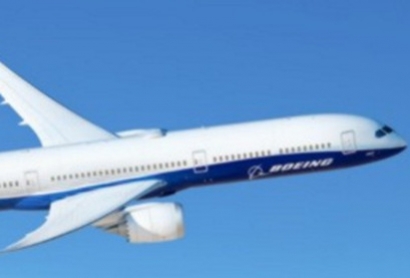
The flight from Abu Dhabi to Amsterdam marked a major milestone in the development of a clean, alternative aviation fuel to reduce carbon emissions. The initiative also addresses food security in the UAE through the farming of seafood as a core element in the process.
The SBRC partners have been working together to prove the concept of a comprehensive value chain that is centered around the Seawater Energy and Agriculture System (SEAS). This is a synergistic industrial platform that supports the aviation sector, food production and the creation of a new agricultural alternative in the UAE.
Dr. Thani bin Ahmed Al Zeyoudi, Minister of Climate Change and Environment, said, “The UAE’s visionary leadership is strongly committed to positioning the country as a global hub for innovation and sustainability. In this context, productive cross-disciplinary public-private partnerships are crucial to fuelling research and development efforts and creating game-changing innovations that enable a more sustainable future.”
Tony Douglas, Group Chief Executive Officer Etihad Aviation Group, commented, “This is a significant milestone for the UAE and its key industries. Etihad is fully committed to this project which demonstrates a successful proof of concept that is local, viable, cost-effective and sustainable.”
Sustainable fuel for the flight was derived from oil in Salicornia plants, which were grown on the two-hectare SEAS farm in Masdar City. The SEAS is the world’s first desert ecosystem designed to produce fuel and food in saltwater. Fish and shrimp raised at the facility provide nutrients for the plants as well as contribute to the UAE’s food production.
Using sustainable feedstock to produce the fuel significantly reduces life-cycle carbon dioxide emissions compared to fossil fuel. The biofuel is blended directly with jet fuel and does not require any modifications to aircraft, engines or airport fuelling delivery systems. The unique initiative uses existing refining infrastructure, with the potential to become an important new option for sustainable aviation fuel in the future.
Operated by the SBRC, the SEAS pilot facility became operational in March 2016. Salt-tolerant halophyte plants that thrive in desert conditions and do not require fresh water or arable land to grow are nurtured there. After wastewater from the fish fertilises the plants, it is diverted into a cultivated mangrove forest. This further removes nutrients and provides valuable carbon storage before the naturally filtered and treated effluent is discharged back into the sea.
Over the course of the next few years, the system is expected to scale up to 200 hectares in the move towards full-scale commercial implementation.

